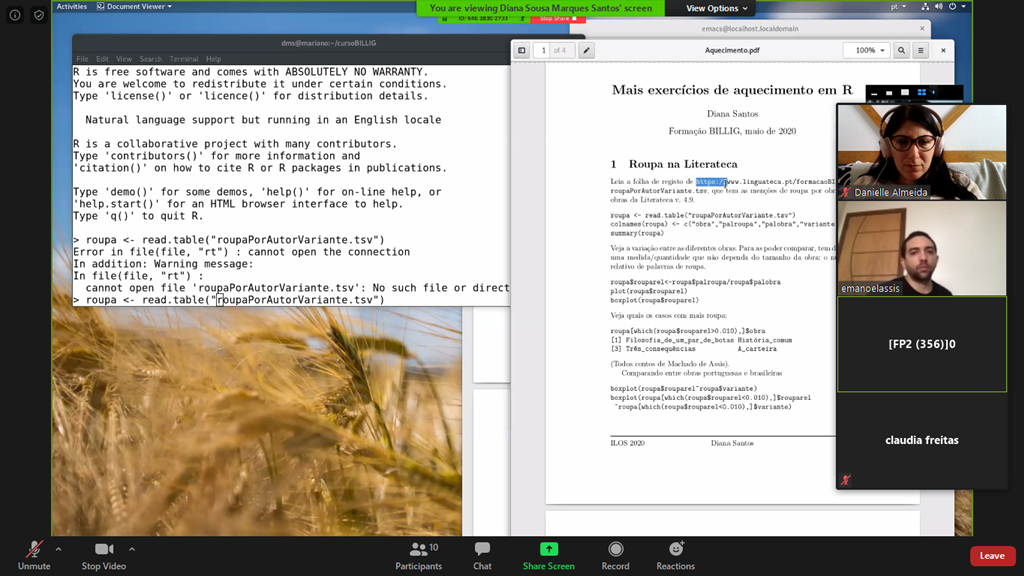NOVA is applying geographic information systems (GIS) and shared online SQL database systems to study and disseminate knowledge about Portuguese literature, while ILOS is working with computational linguistics (CL), namely syntactic annotation and broad-coverage semantics to analyse a very significant literary corpus on Portuguese, but also on Brazilian literature.
The project started in September 2019 and it will run until December 2020. To date, several knowledge transfer and dissemination activities have been successfully executed. The coronavirus pandemic forced us to reorganize all the activities planned to happen until the end of 2020. One thing that we should highlight is that the project team were able to develop more activities and more outputs from the collaboration since the start of the project than the ones that were initially planned.
This will have a significant impact in the final results of the project, since we were able to reach to an extended target audience. an example of this is the activity that took place during last May.
The training in May 2020, as part of the BILLIG project, focused on Natural Language Processing and an introduction to the software "R". It was conducted by Diana Santos from ILOS. At first it was planned as an internship for one researcher to spend two weeks in Oslo, learning those methods. Due to travel restrictions at the time, the activity was reorganized as online training and, through it, nine researchers were able to participate developing their knowledge in this field, as well as exchanging ideas about its applicability in several research environments.
